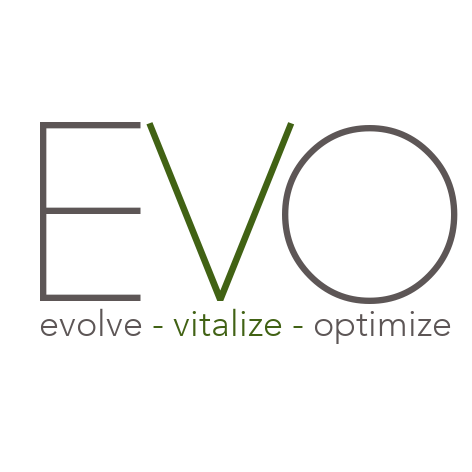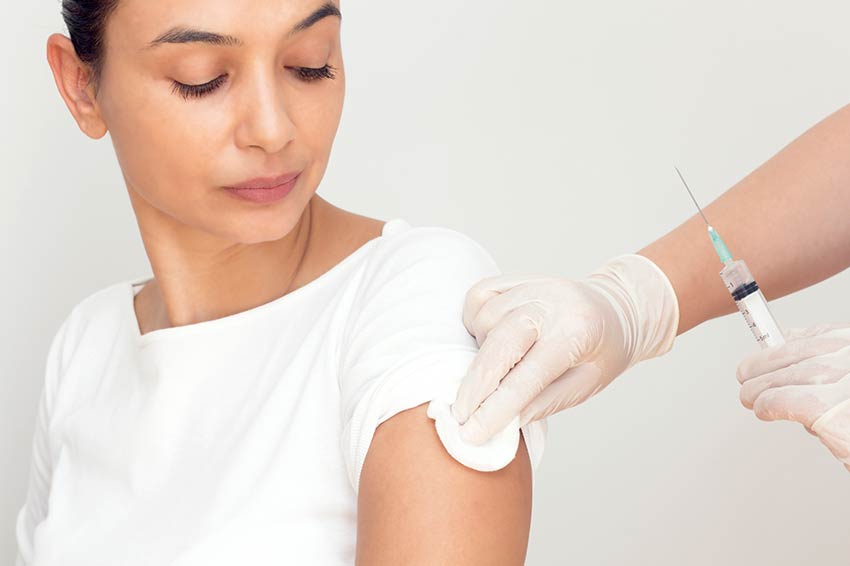
What is genetic testing?
Genetic testing looks at changes in your body through chromosomes, genes, or proteins. This DNA is inherited from your mother and father and is unique to you. These tests seek to describe possible genetic conditions, ancestry, offer unique support in chronic illness, and help identify single nucleotide polymorphisms (SNPs). DNA testing is a voluntary procedure and can be a very personal and complex decision to make.
What do genetic test results mean?
Results are not always straightforward and are often difficult to interpret. Medical history, family history, and the type of genetic testing is commonly considered during evaluation. It is often misunderstood that when a genetic health risk is discovered, it is equivalent to a diagnosis. This is not true. A discovered genetic health risk is merely an indication of whether or not you carry a genetic marker associated with risks for certain health conditions. This is especially significant for those chronically ill; it offers a roadmap on how to navigate treatment plans when no plan was previously in sight.
Positive results? Don’t over-react.
You need to be careful not to over-react when approached with results. For example, a genetic tendency towards breast cancer is not a definitive prediction that you will have breast cancer in the future. It merely means you carry this DNA variant and run a higher risk of development. Unfortunately many celebrities do react radically when presented with results. In 2013, a female celebrity tested positive for BRCA1, a gene associated with higher risk breast and ovarian cancers, and underwent a double mastectomy. Two years later, in 2015, the celebrity had her ovaries and fallopian tubes removed and now faces early onset surgical menopause.
Your genes are not a life sentence.
Although you can’t change your DNA, by understanding where the SNPs are, scientists can support the body and work with and around these areas to prevent long lasting damage. Similarly, genes factor into to methylation disruption and susceptibility to mold toxicity. It is estimated that 25% of Americans have a genetic predisposition to be affected by mold. These toxins are not recognized as “bad” by the body and are stored, thereby leading to the development of other diseases. By testing your DNA you are are gaining the home court advantage: you and your healthcare advisor can make a personalized plan of action for better health and support. A geneticist or genetic counselor can help to provide further answers.
What’s the catch?
Although DNA testing is highly advanced, it is not perfect. The ability to interpret the gravity of gene SNPs has not caught up with the ability to identify them. This has led to controversy and uncertainty; however, the field of genetics continues to advance. There is continual understanding about the significance of genetic SNPs and how to interpret and manage them. Genetic testing plays a large role in educating, managing, and preventing disease throughout life’s long term journey to health and success. Opportunity’s knocking, will you answer?




